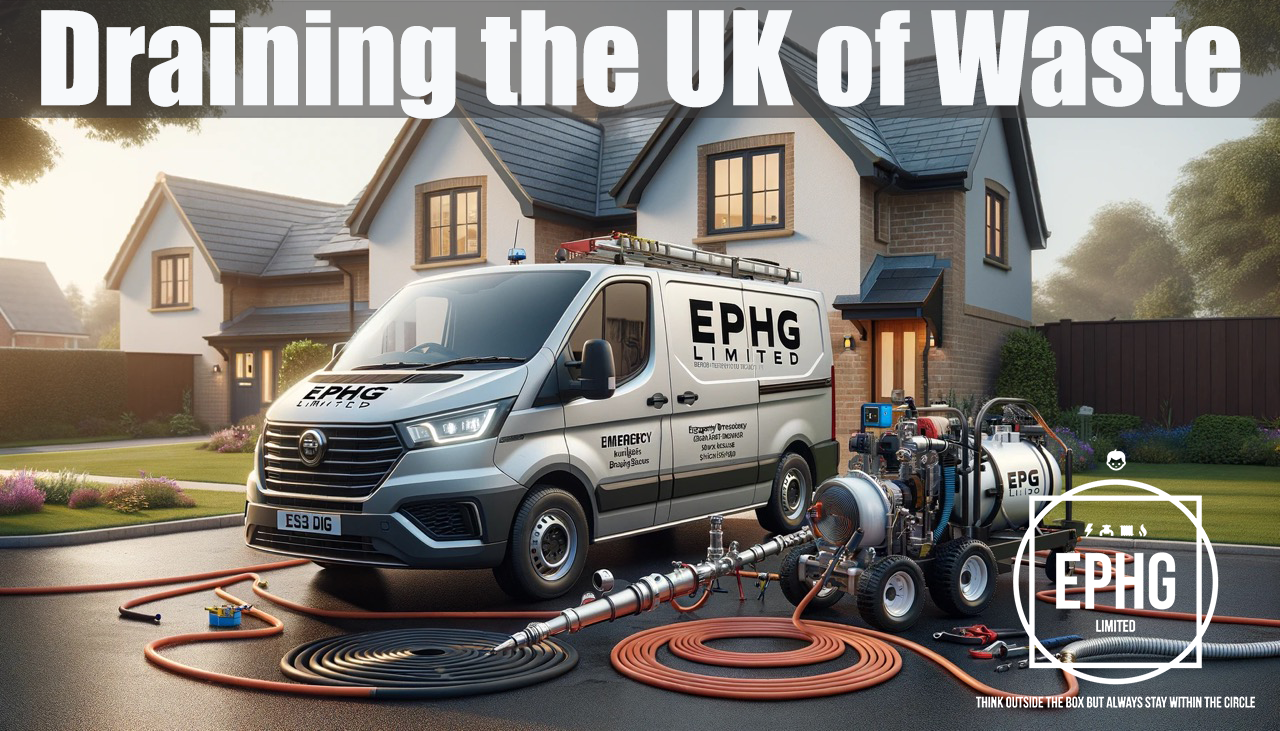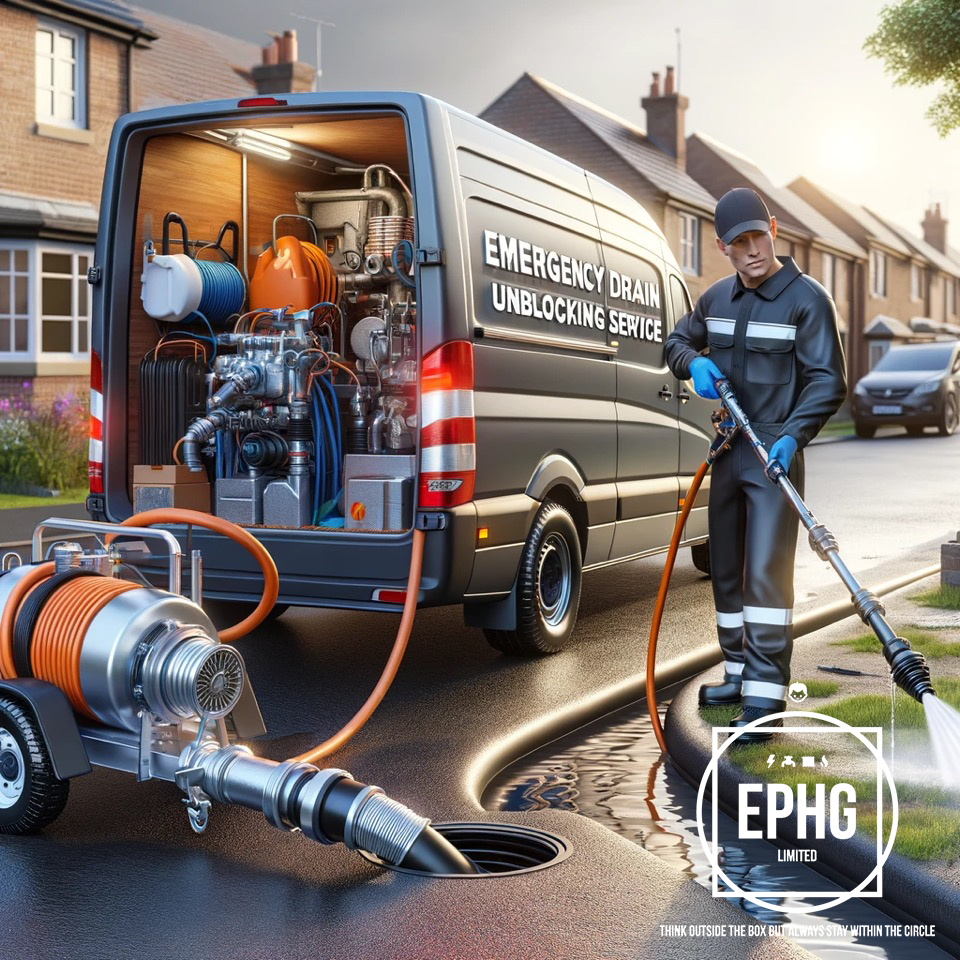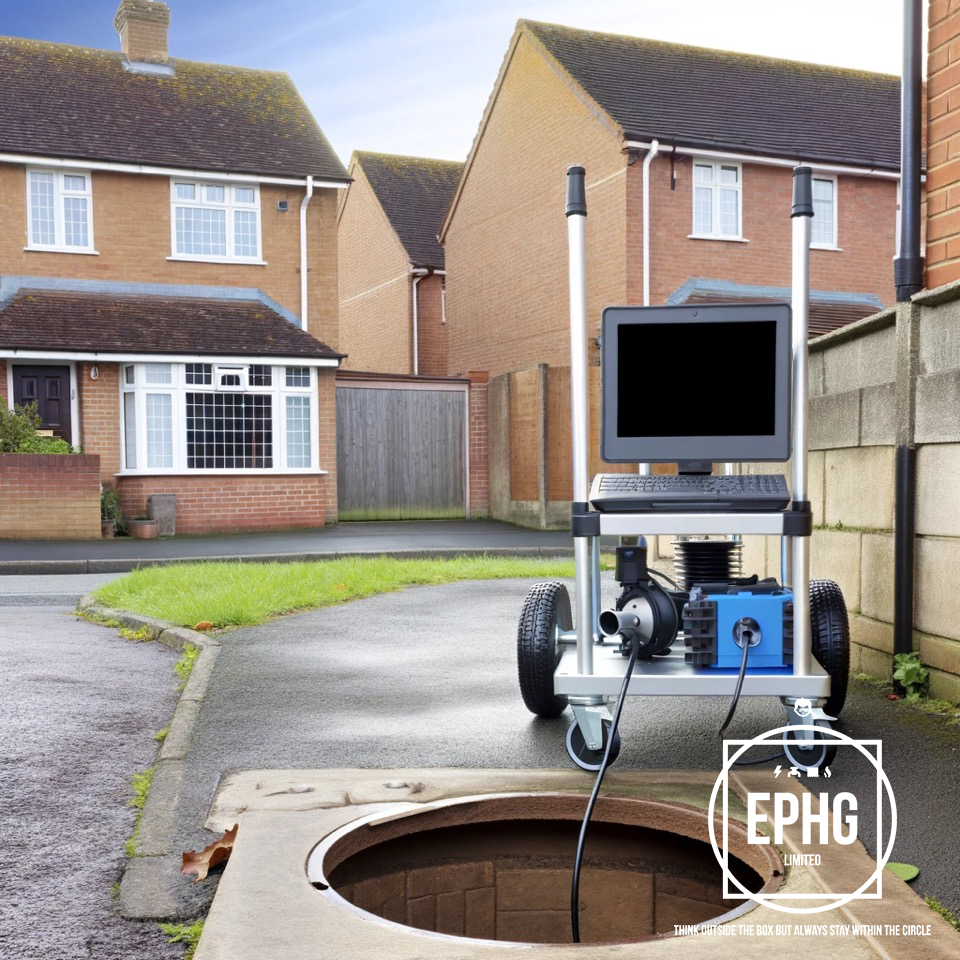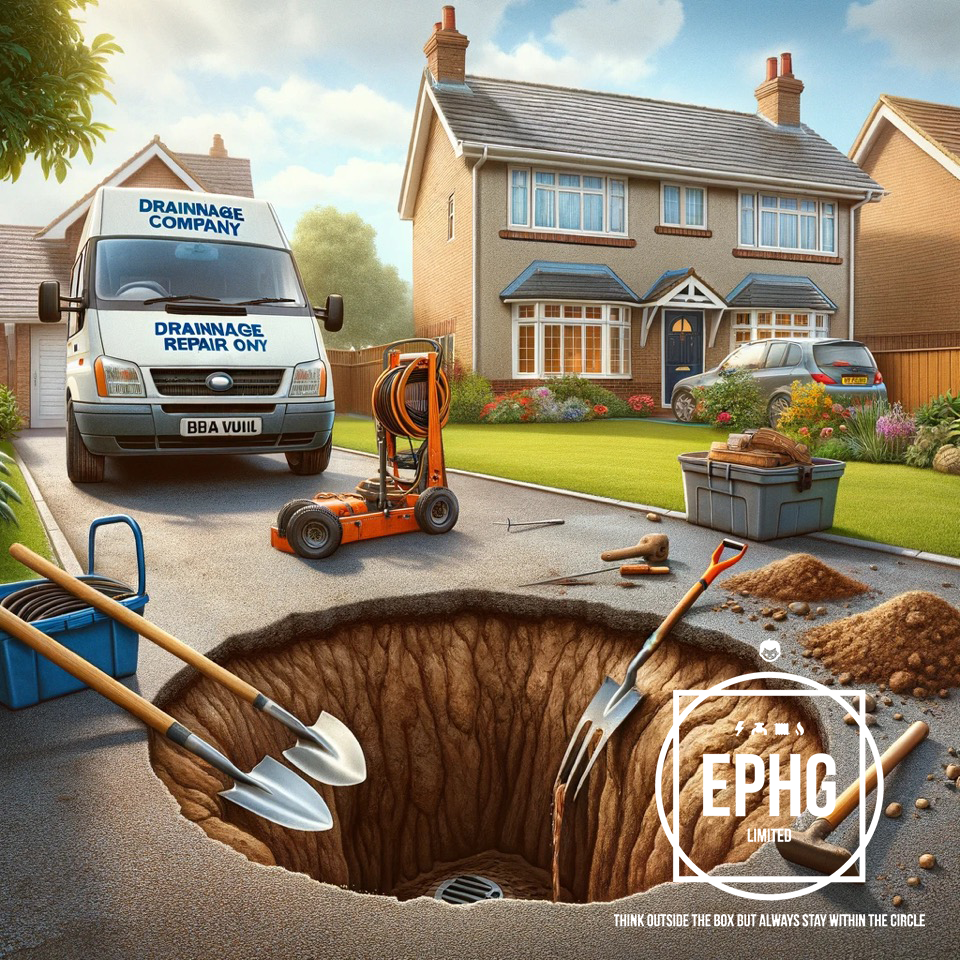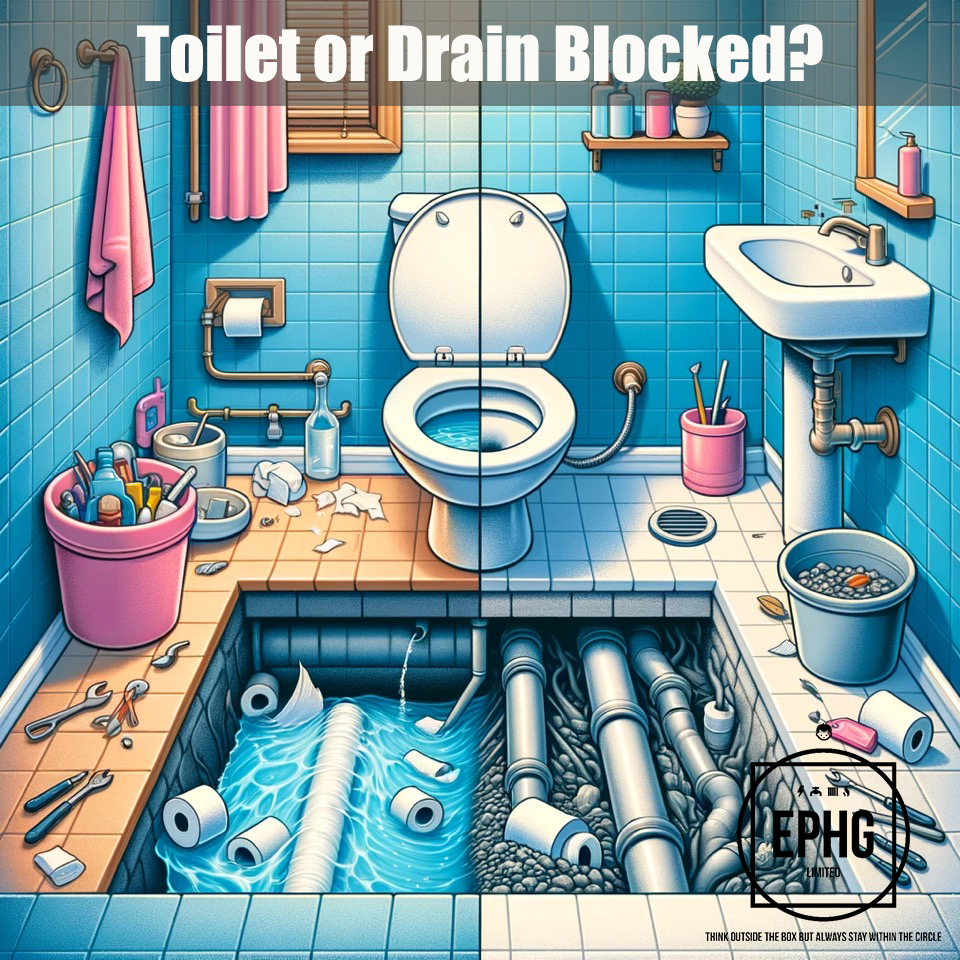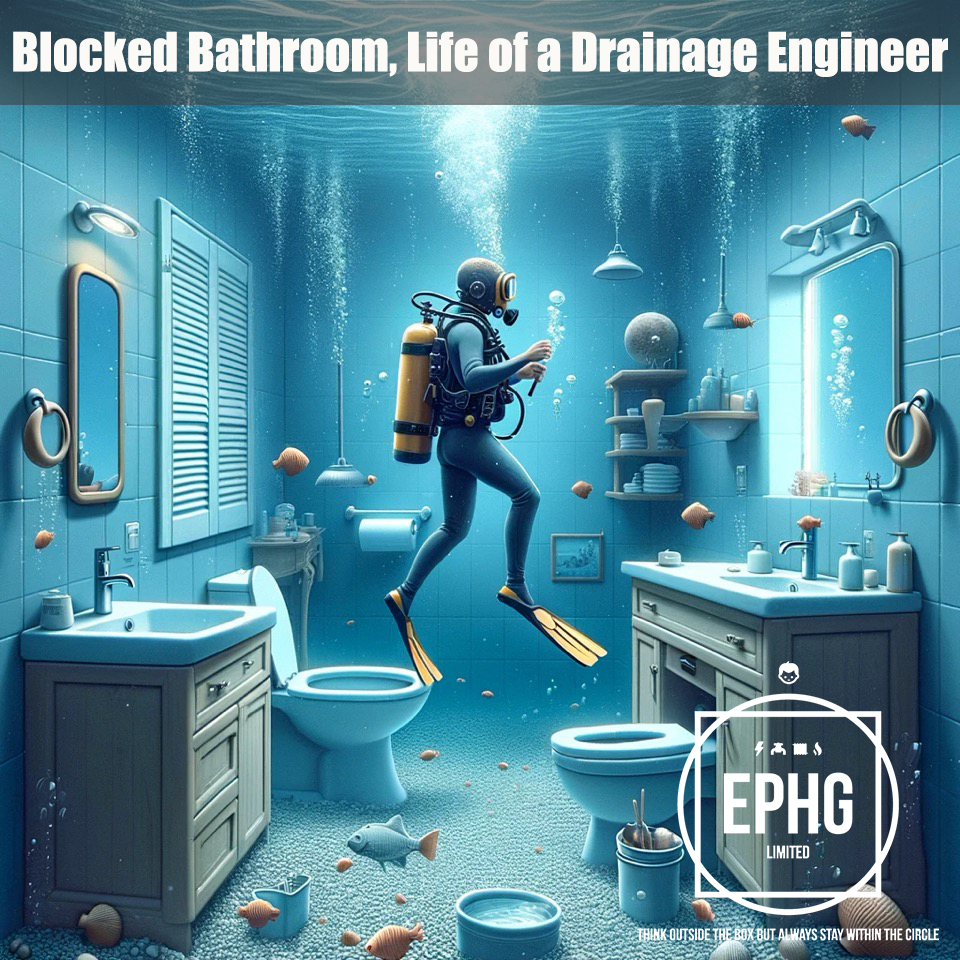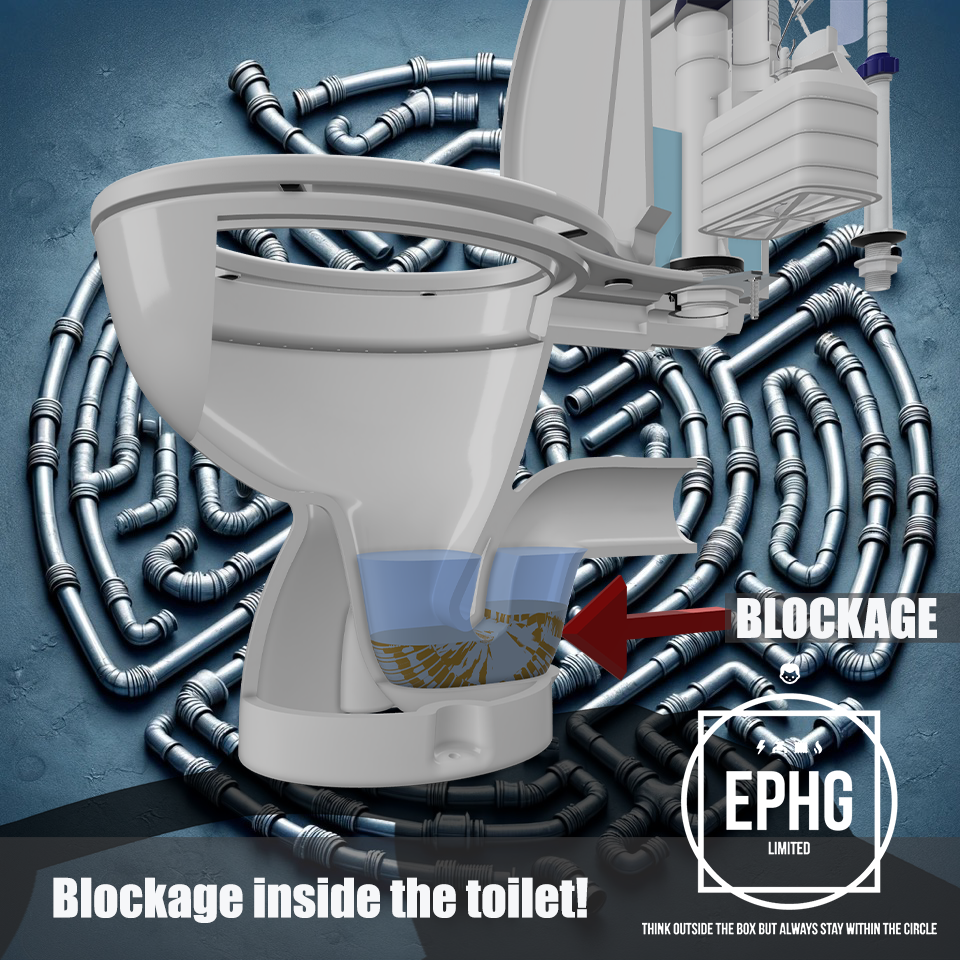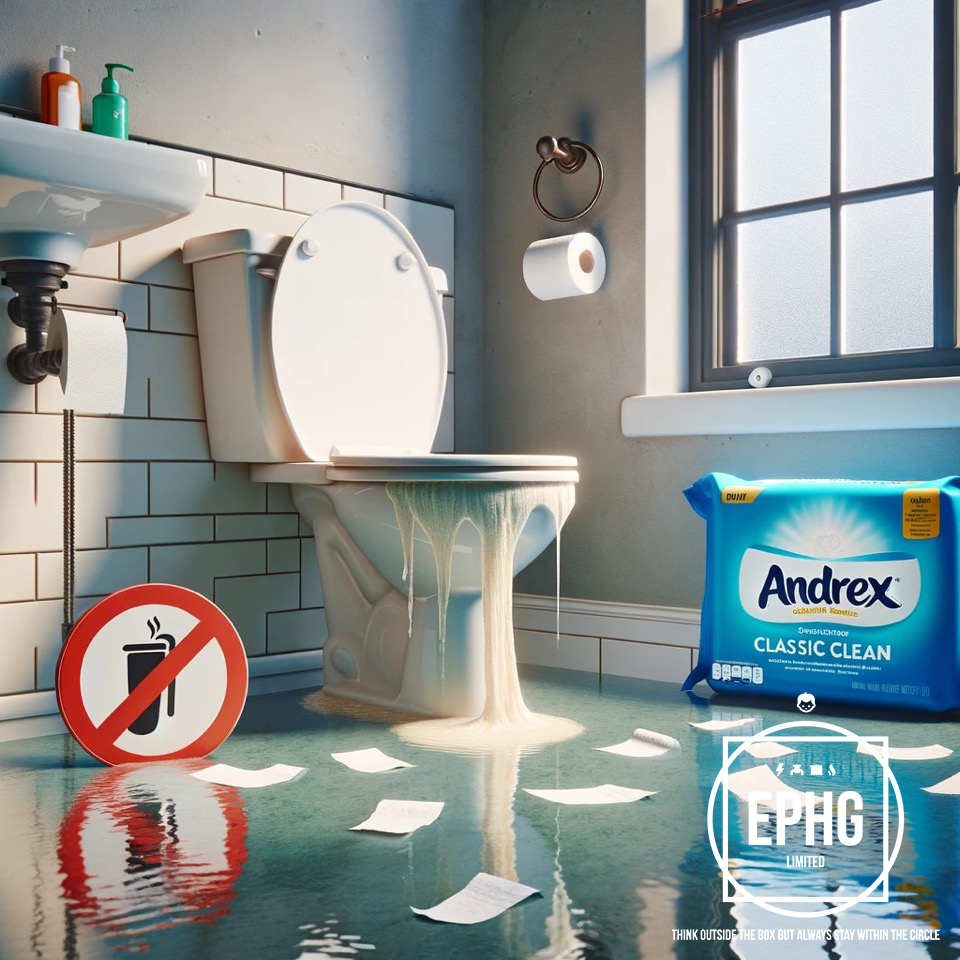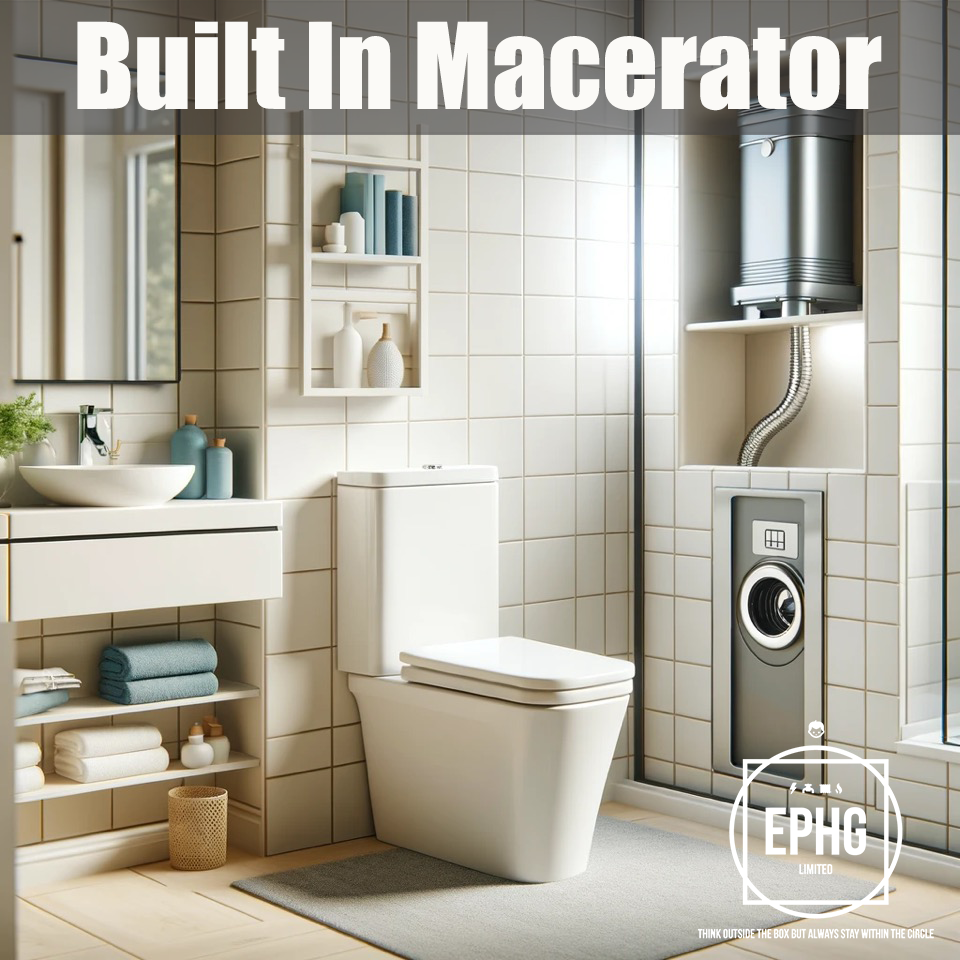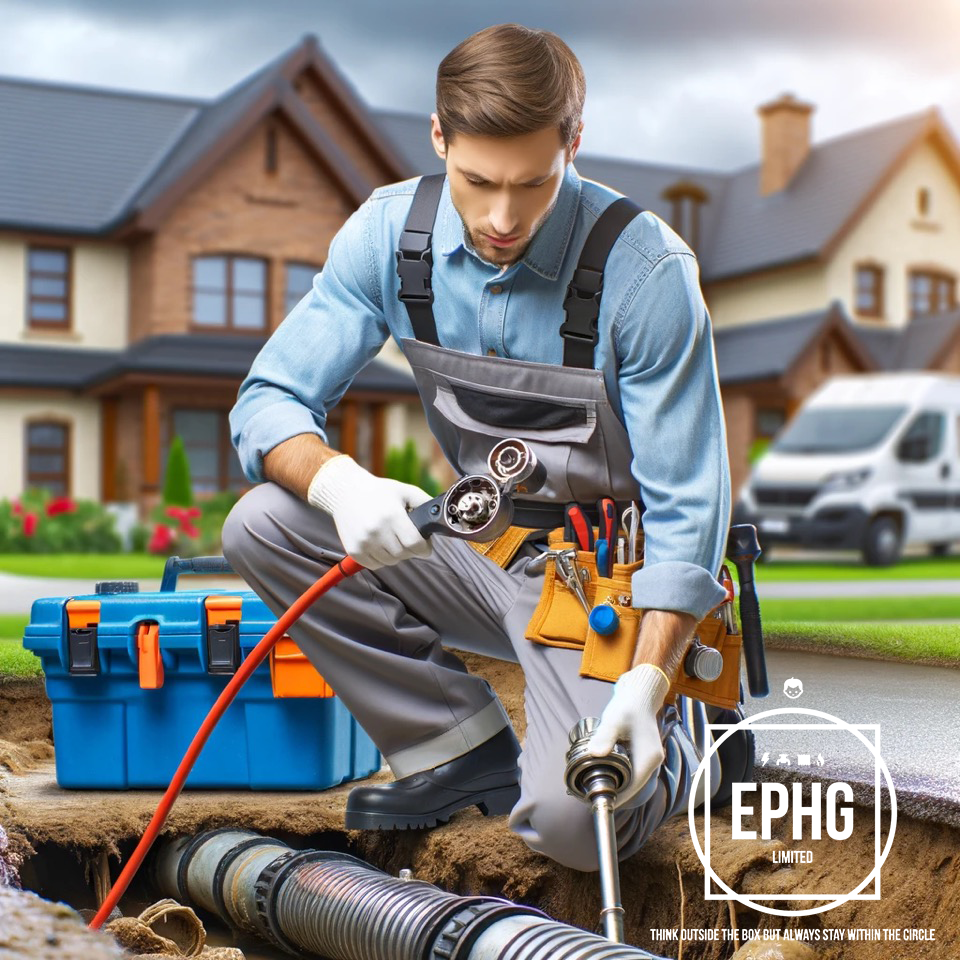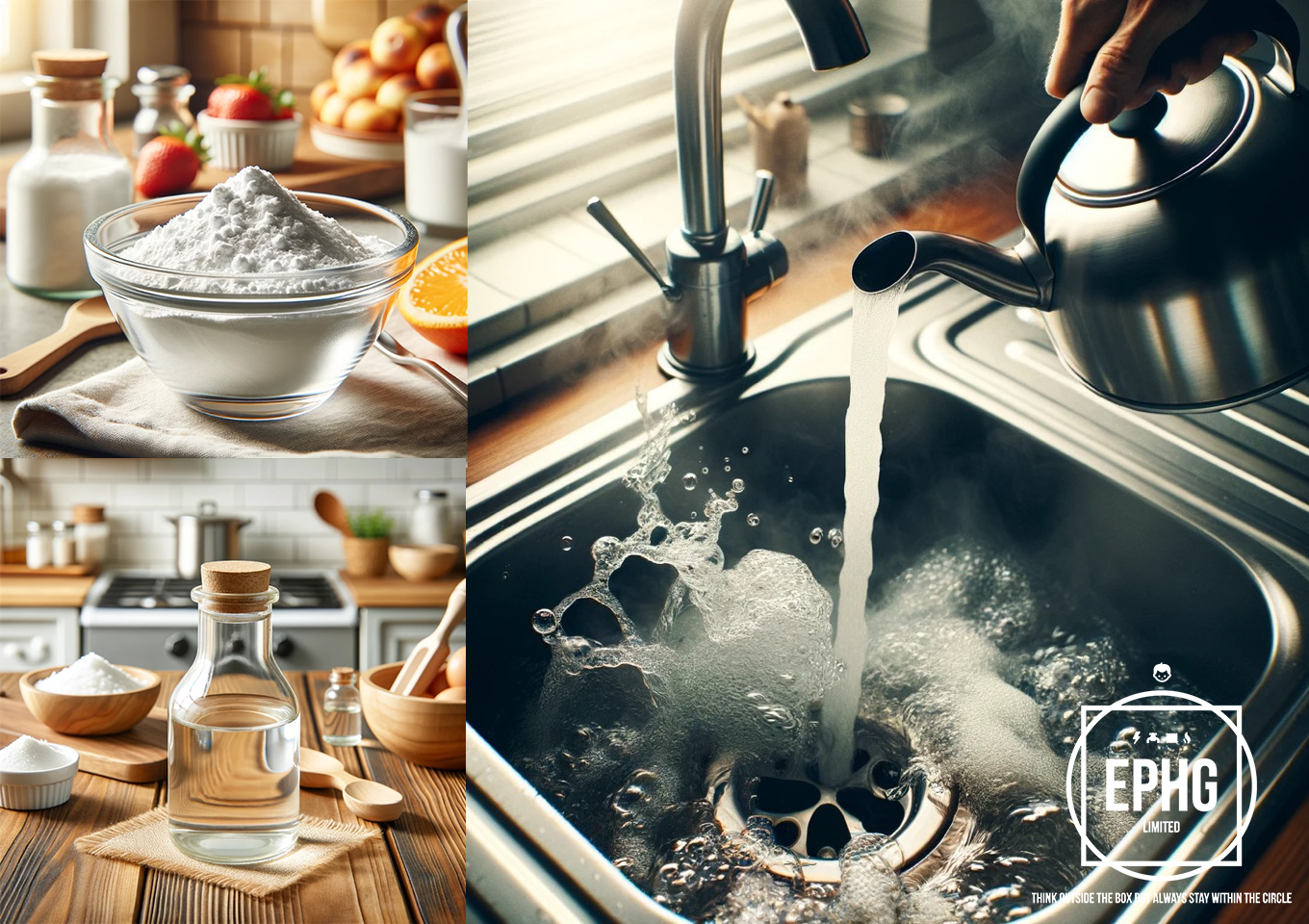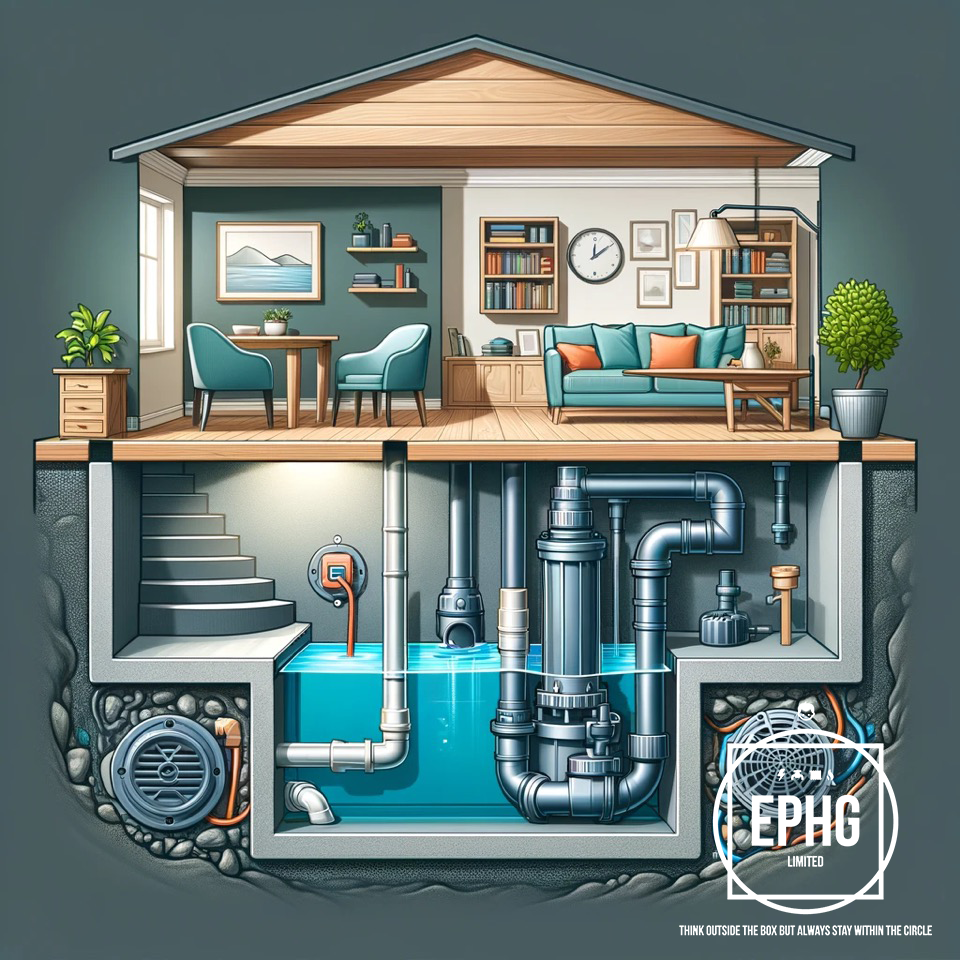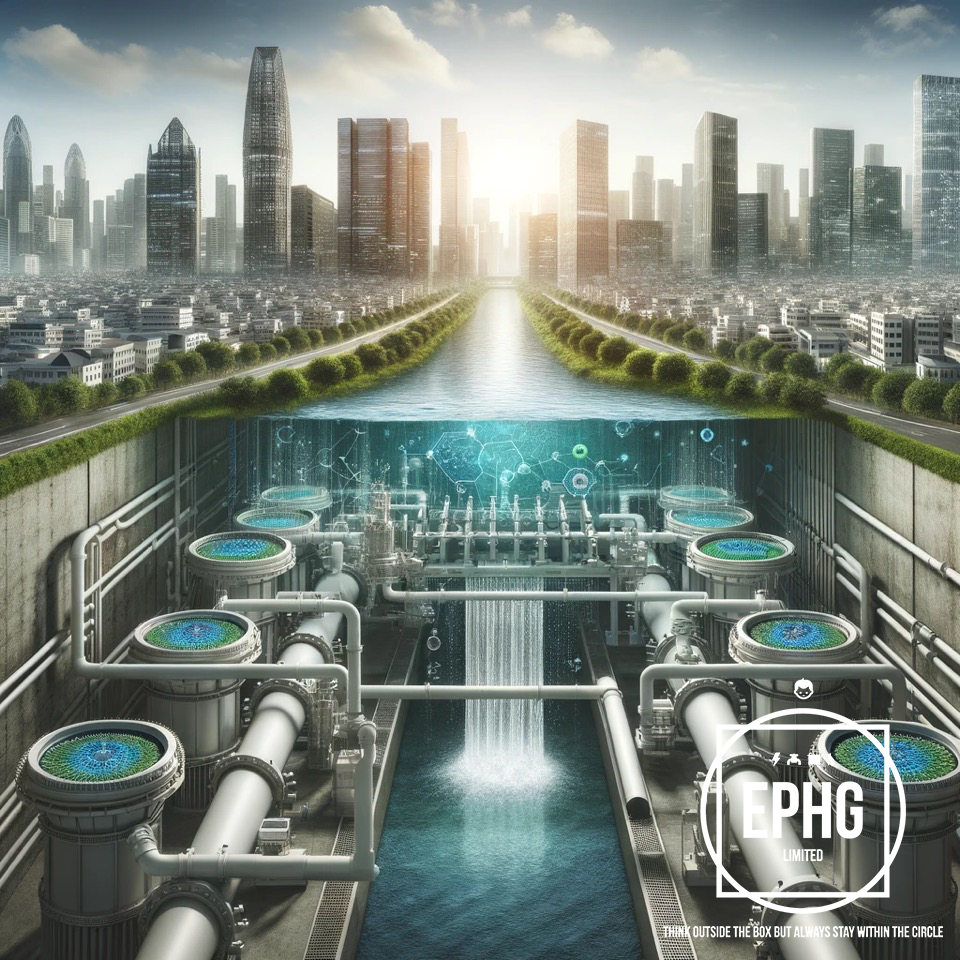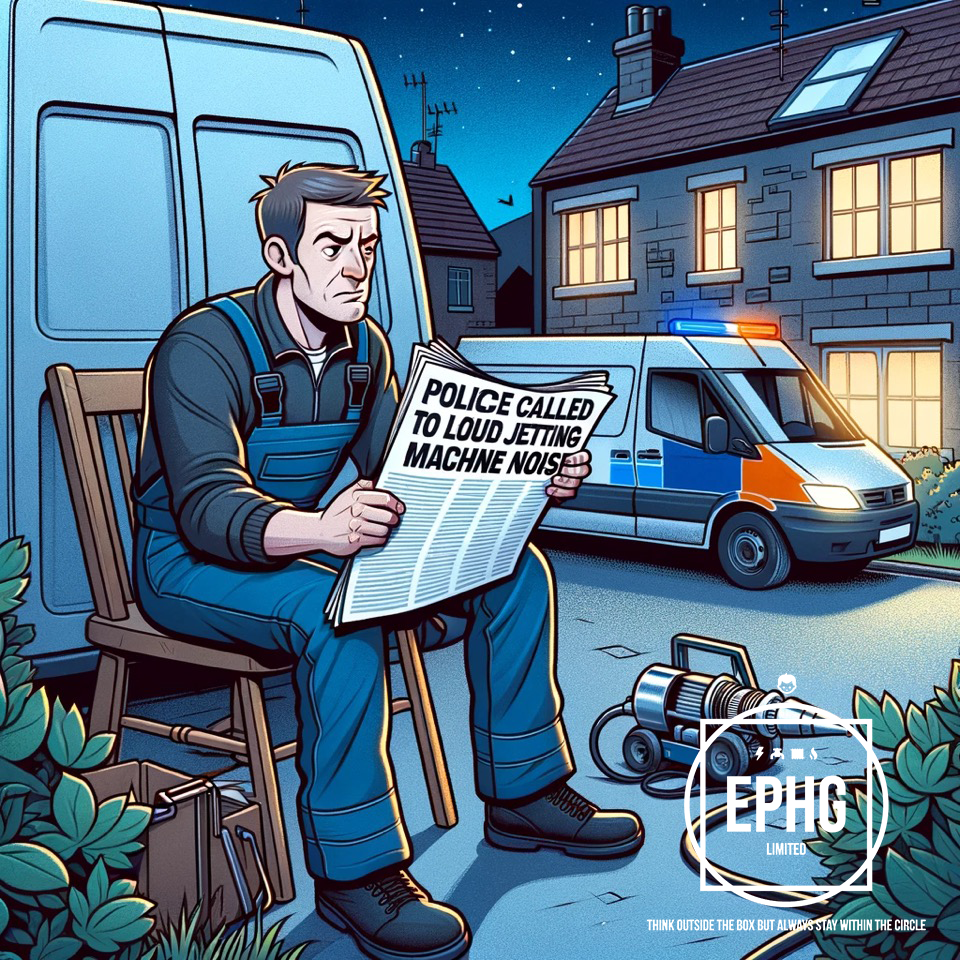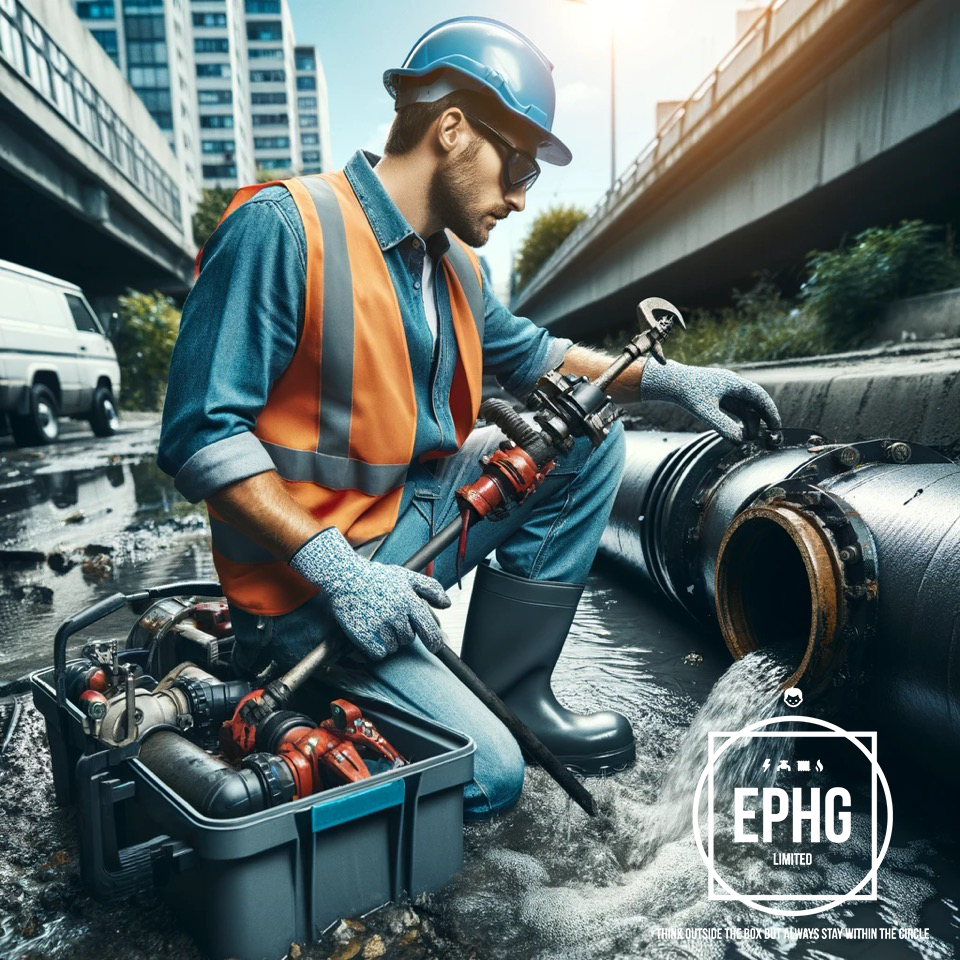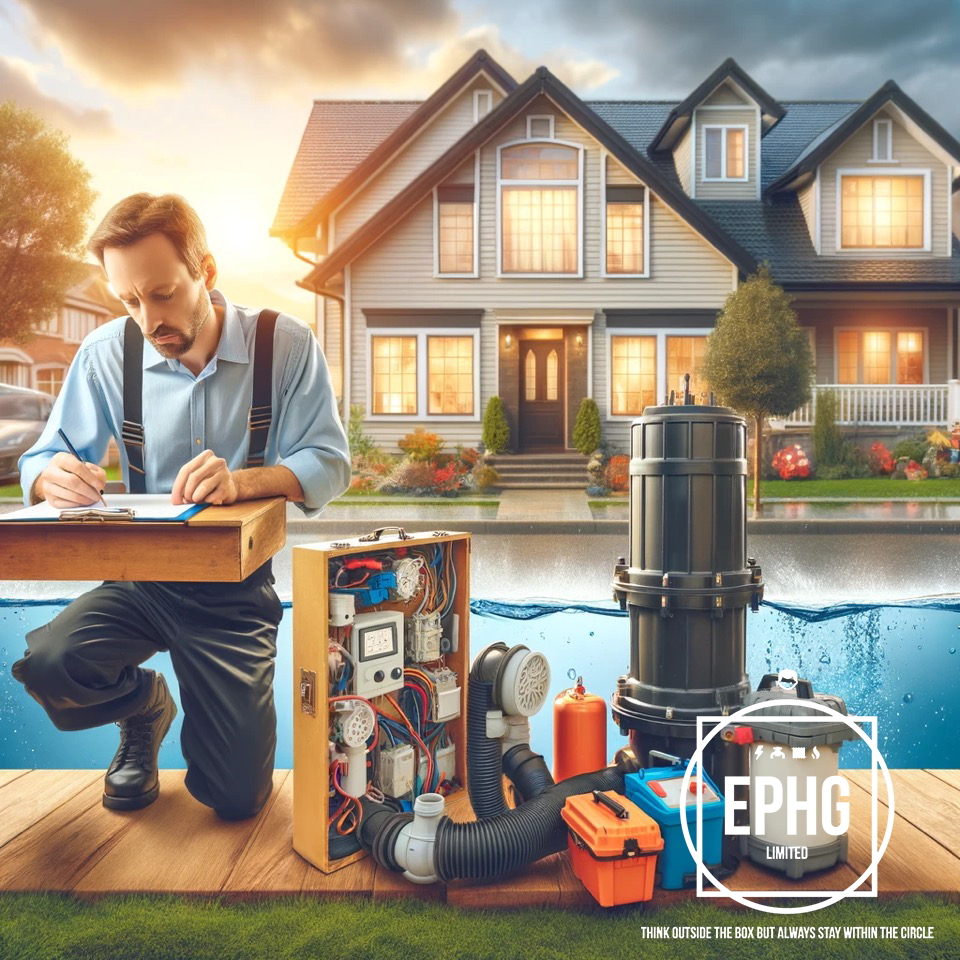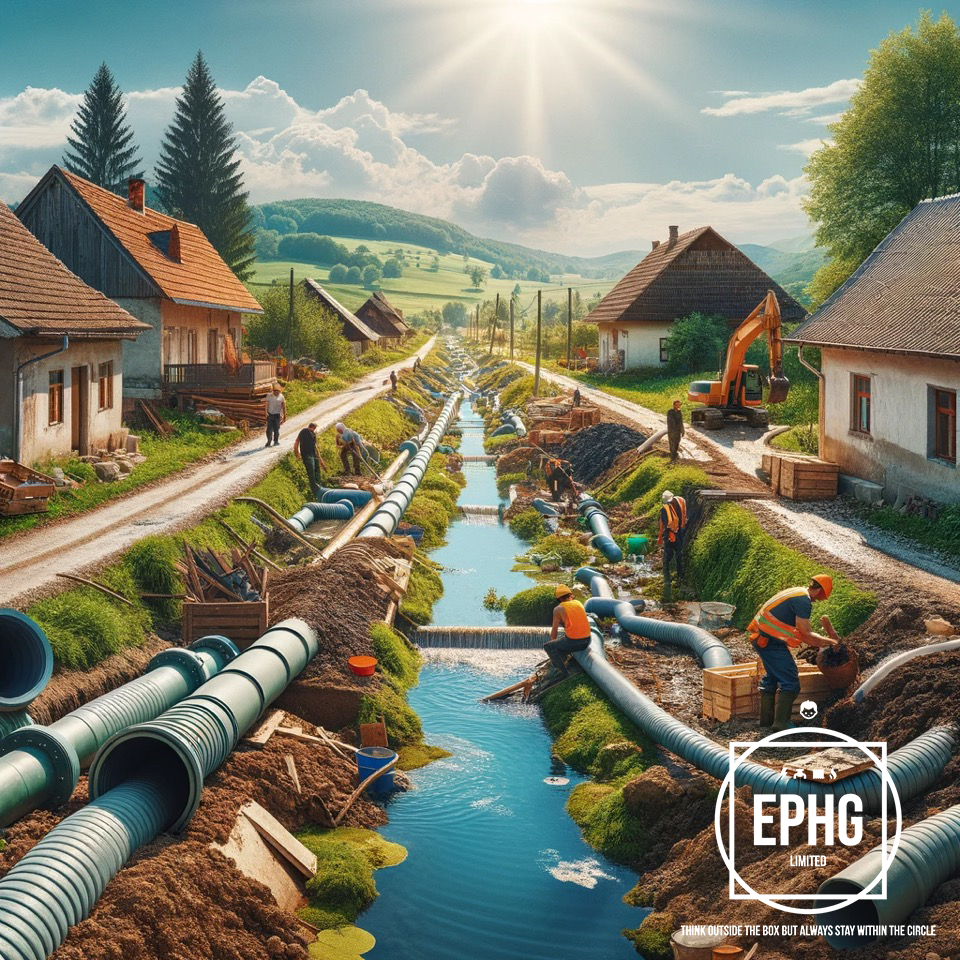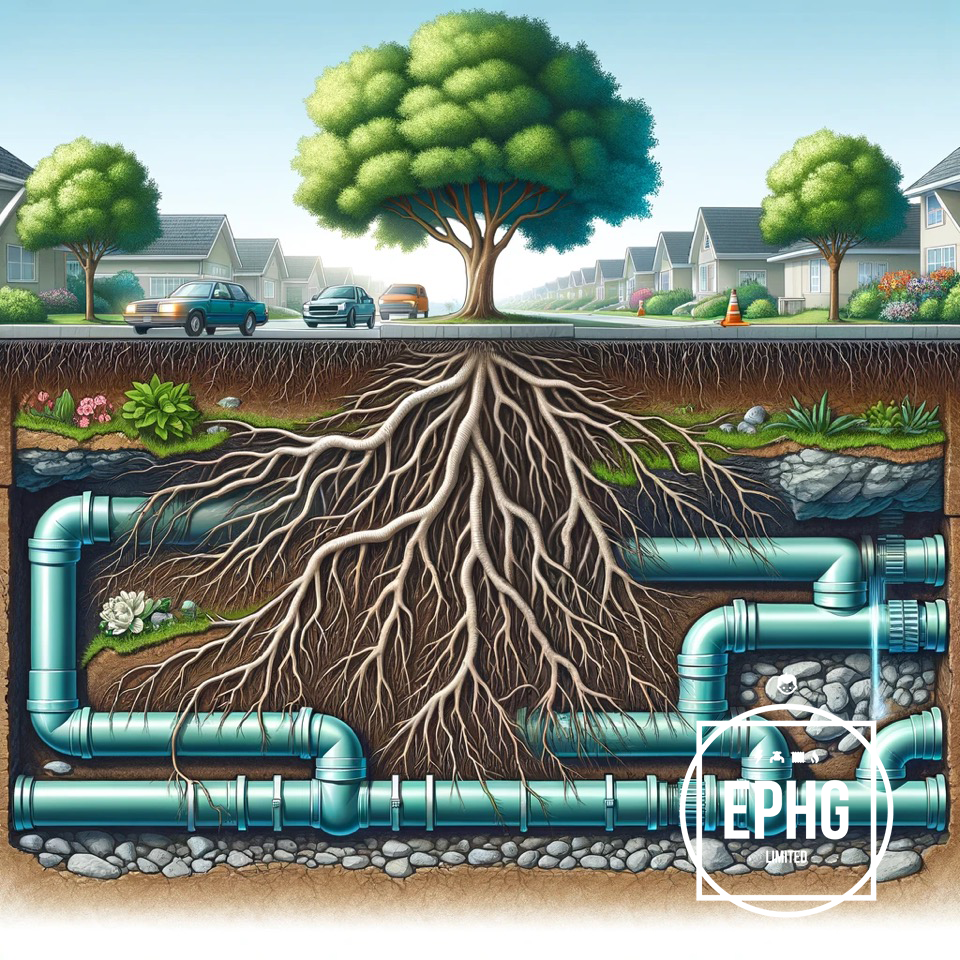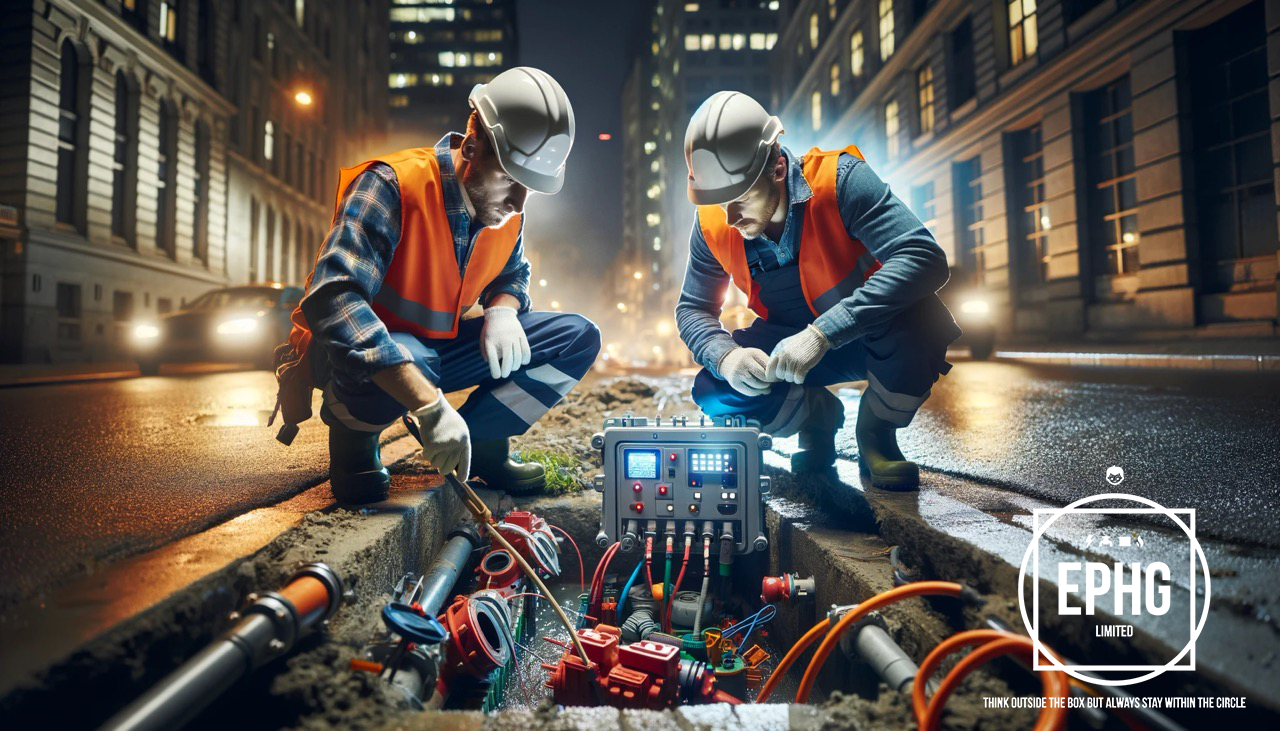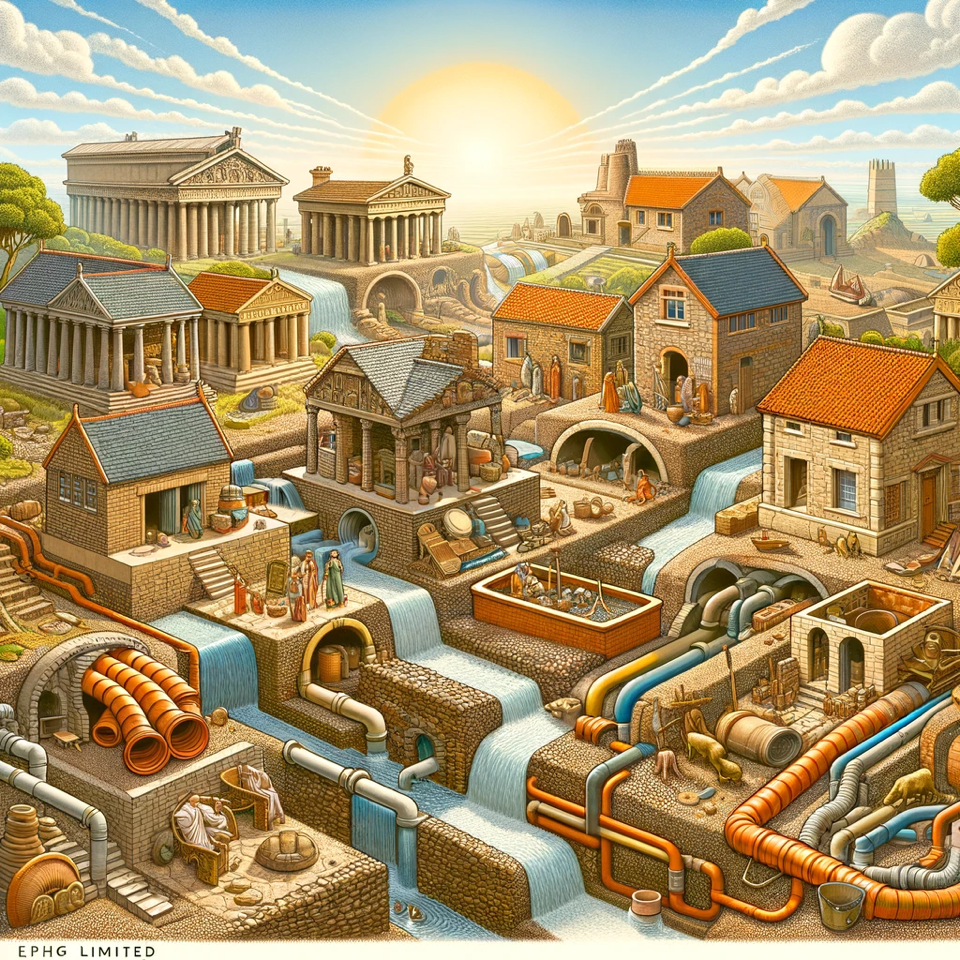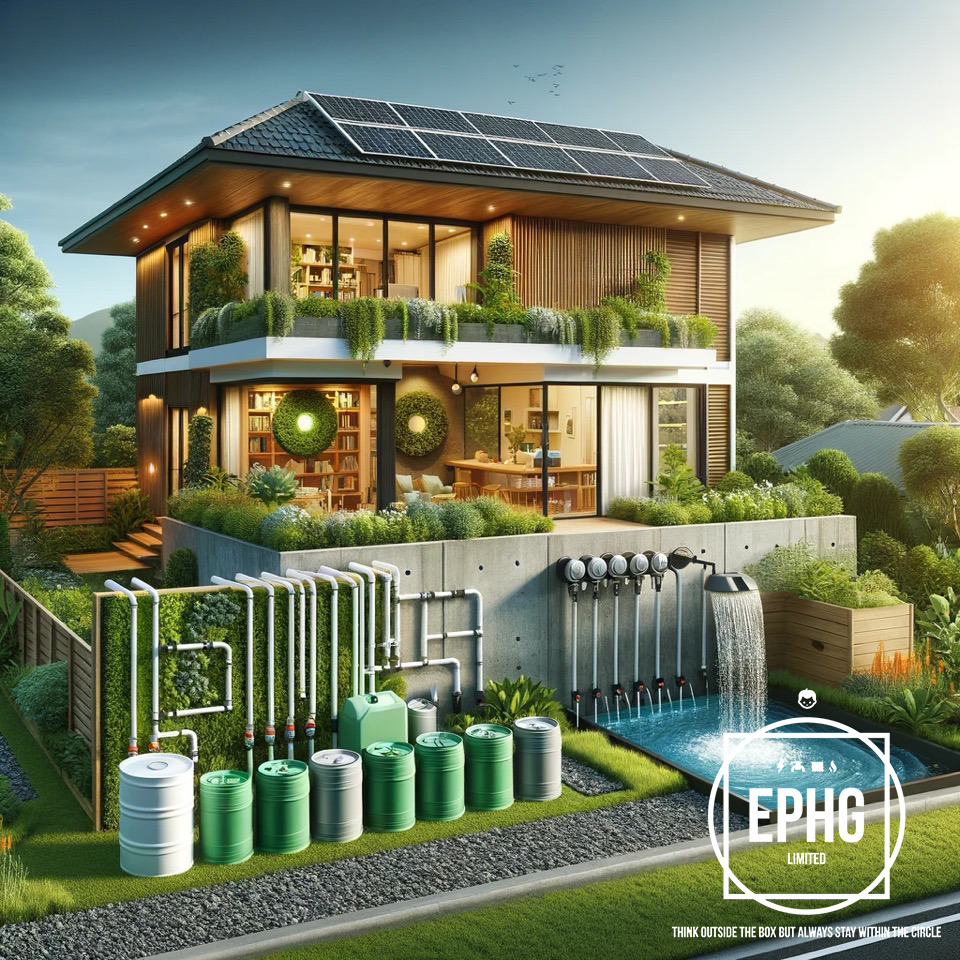
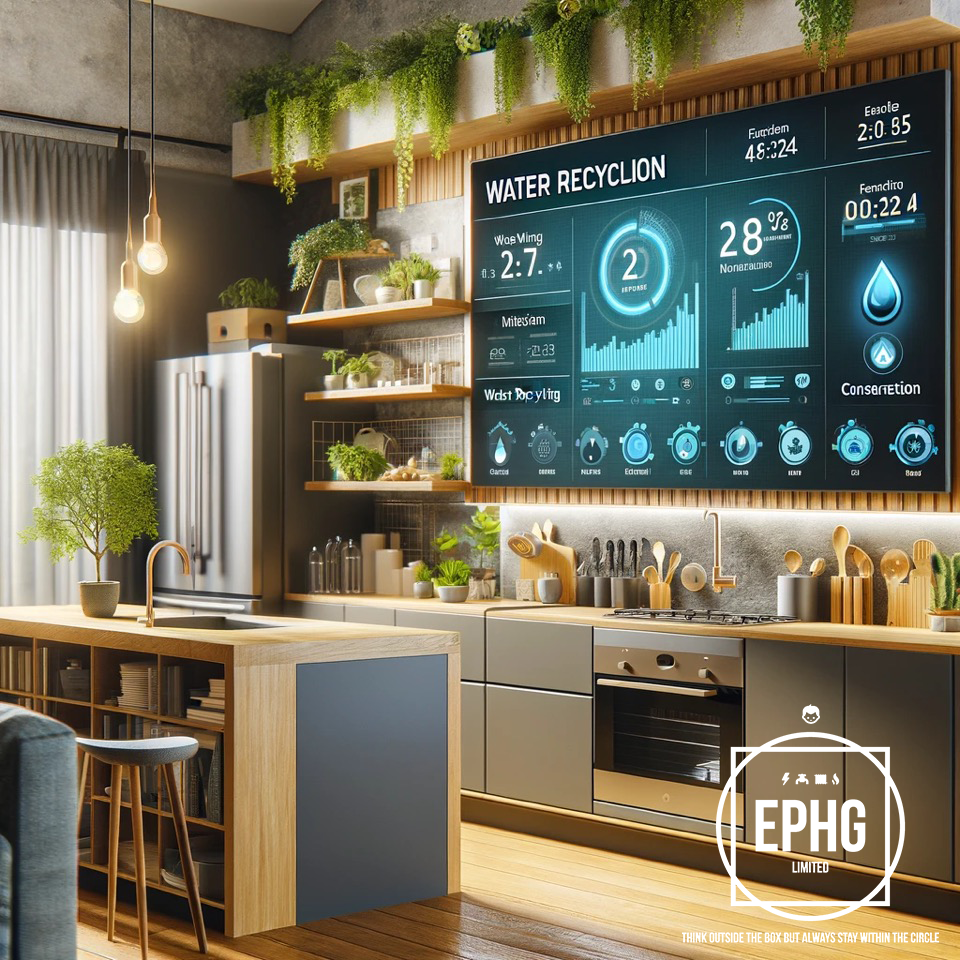
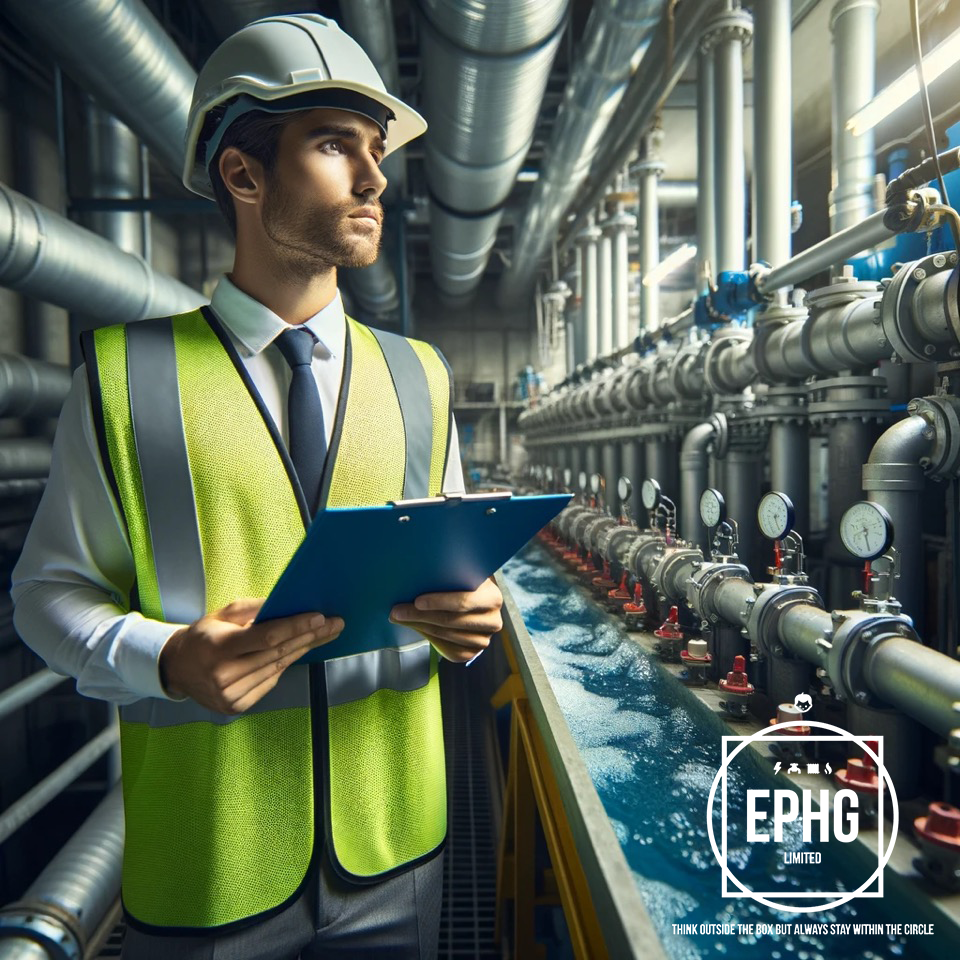
Harnessing the Future: Integrating Water Recycling Systems in Domestic Properties
Introduction:
In the face of increasing environmental challenges and the escalating need for sustainable living, the integration of water recycling systems within domestic properties to industrial areas has become more than just a trend – it's a necessary step towards a sustainable future. The importance of these systems extends beyond conserving water; they represent a significant stride in responsible homeownership and environmental stewardship. Moreover, the role of specialized professionals, akin to emergency drainage engineers in urban settings, becomes crucial in ensuring the proper implementation and maintenance of these systems in our homes.
Understanding Domestic Water Recycling Systems:
Domestic water recycling systems are designed to capture, treat, and reuse greywater – the waste water from sinks, showers, and washing machines – as well as rainwater. These systems can dramatically reduce the demand for fresh water in households by repurposing it for toilet flushing, garden irrigation, and even laundry, significantly lowering utility bills and conserving valuable water resources.
The technologies behind these systems range from simple rain barrels and greywater diverters to sophisticated treatment systems that purify water to near potable standards. By adopting these systems, homeowners contribute to alleviating the strain on municipal water and sewage systems and reducing their environmental footprint.
The Role of Domestic Water Recycling Specialists:
Just as emergency drainage engineers are pivotal in managing urban water systems, domestic water recycling specialists are key to the successful integration of water recycling in homes. These experts assess the home's water usage, design suitable systems, oversee installation, and provide ongoing maintenance and support.
Their expertise ensures that the systems operate efficiently and safely, adhering to local regulations and standards. They also play a critical role in educating homeowners about the importance of water conservation and how to maximize the benefits of their recycling systems.
Challenges and Solutions in Domestic Water Recycling:
Adopting domestic water recycling involves overcoming several challenges, including initial costs, space constraints, and regulatory compliance. However, the long-term savings on water bills and the positive environmental impact make these systems a wise investment for the future.
Government and environmental organizations can aid adoption by offering incentives, subsidies, or rebates. Furthermore, advancements in technology are making systems more compact, affordable, and user-friendly, enabling broader accessibility and ease of use for homeowners.
Industrial Water Recycling Systems
Industrial water recycling systems are pivotal in reducing water waste and promoting sustainable practices within the manufacturing and production sectors. These advanced systems treat and reuse water from industrial processes, significantly cutting down on the consumption of fresh water resources. By integrating technologies such as reverse osmosis, ultrafiltration, and chemical treatment, industries can repurpose wastewater for cooling, processing, and cleaning operations. The adoption of these systems not only supports environmental conservation but also reduces operational costs and complies with regulatory standards. As industries continue to embrace these sustainable solutions, the collective impact on global water conservation and industrial efficiency is profound.
Conclusion:
Water recycling systems are transforming the way we view and use water in our homes, promoting a sustainable and self-sufficient lifestyle. By integrating these systems, homeowners not only safeguard their own future water needs but also contribute to the broader efforts against water scarcity and environmental degradation. The expertise of domestic water recycling specialists is indispensable in this transition, ensuring that systems are not only installed but also maintained for optimal performance and sustainability.
In conclusion, as we navigate towards a more sustainable future, the integration of water recycling systems in domestic properties emerges as a critical element in the broader tapestry of environmental conservation. It is an investment in our planet's future and a testament to our commitment to preserving our most precious resource: water.
